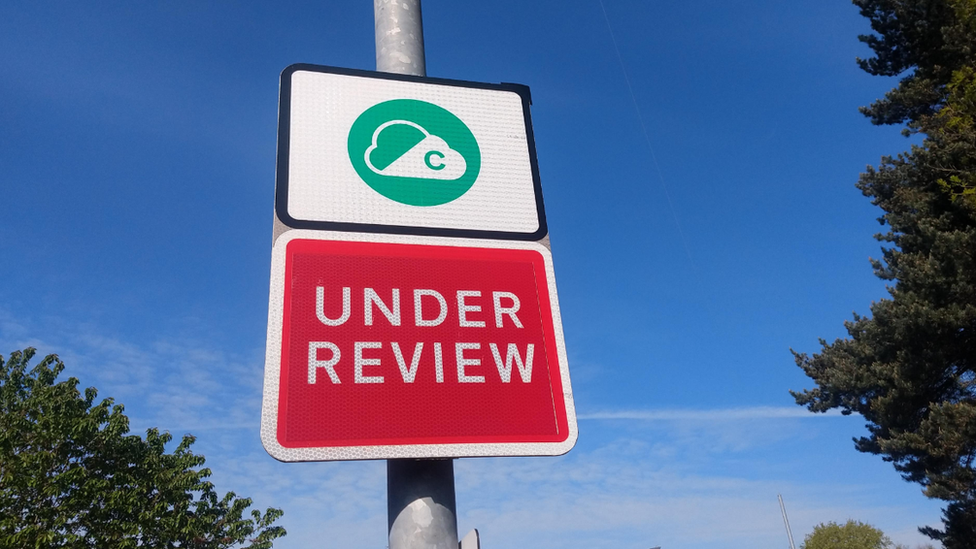City region's clean air targets delayed until 2026
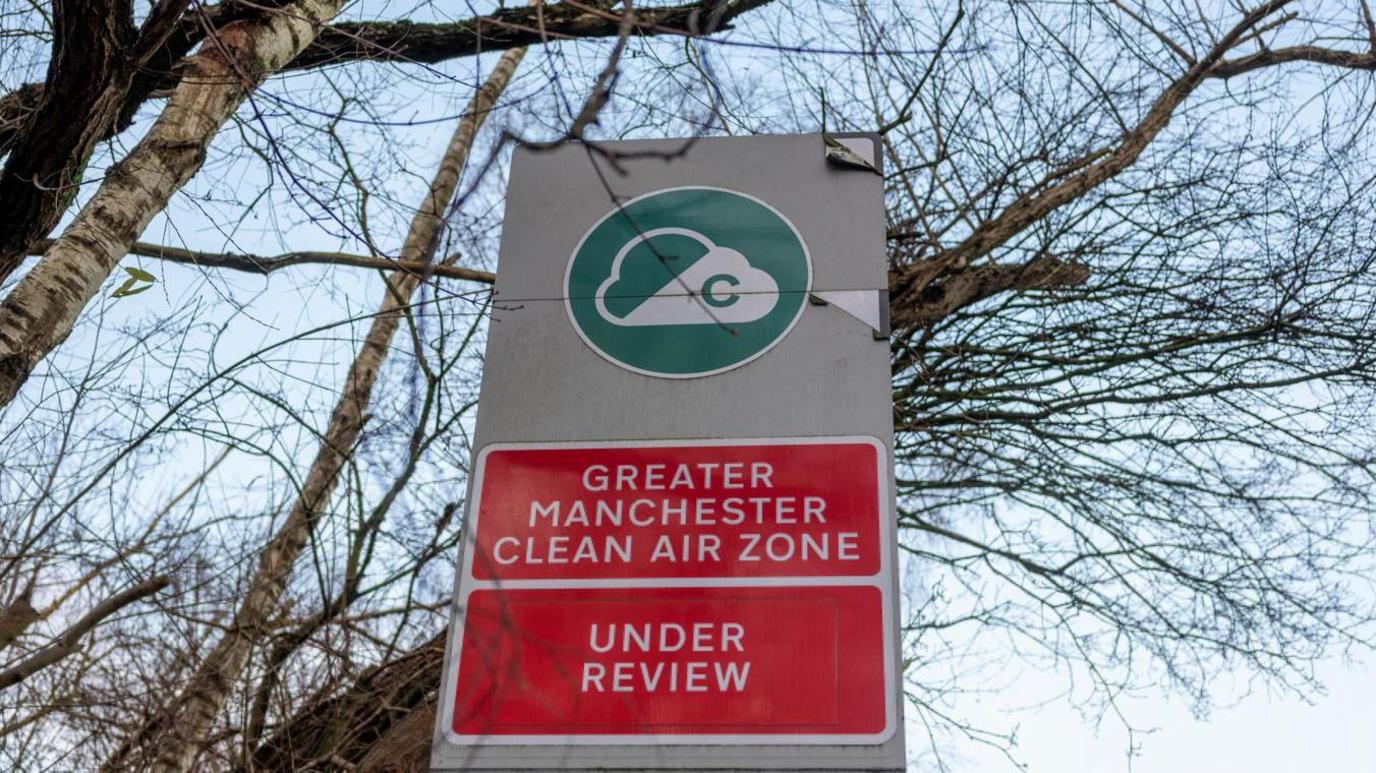
Transport bosses said the Greater Manchester would still meet the legal deadline of 2026 to cut air pollution
- Published
Greater Manchester's plans to meet legal air quality targets have been pushed back a year due to delays in being able to introduce more electric buses.
In December, Mayor Andy Burnham unveiled an "investment-led" clean air plan designed to reduce pollution to within legal limits by 2025, and without having to introduce charging zones.
It included plans to use £86m in government funding on electric buses, taxi upgrades and traffic measures.
The region's clean air lead, Bury Council leader Eamonn O'Brien, said problems with the electrification of some bus depots meant the target would be pushed back to the government's 2026 deadline.
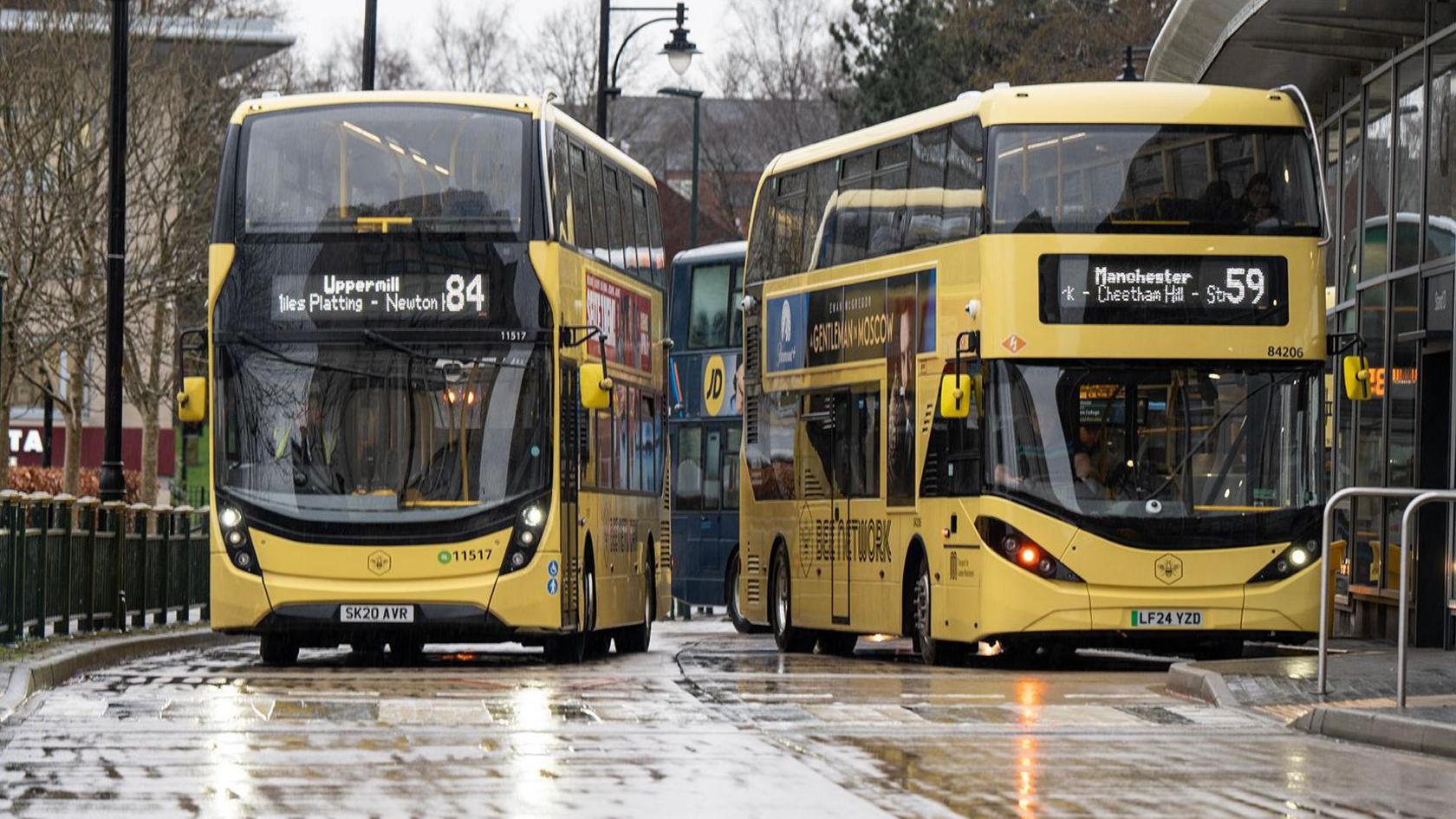
The plan will see cash spent on more electric buses in the city region
The delay means the 10 local authorities of Greater Manchester will update and resubmit its clean air plan to the government for approval.
It will include a request to let the authority take down clean air charging zone signs that haven been up for years in anticipation of one being introduced.
Air quality campaigners have long called for local authorities to do more to tackle pollution in the region, with a 2023 University of Manchester report attributing 1,200 deaths to the issue.
No charges
"Technical and practical" issues at the new bus depot in Stockport and the site on Queens Road in north Manchester were to blame for the delays, Mr O'Brien told BBC Radio Manchester.
The Queens Road depot is not expected to be ready to host electric vehicles until the end of 2025, he said, while a date for the Stockport site was currently unknown.
Other updates to the clean air plan include buying fewer electric buses and more diesel buses that are clean-air compliant.
Plans for £5m traffic calming measures on Regent Road in Salford and Quay Street in Manchester city centre are unchanged.
A £30.5m fund to help eligible hackney carriage and private hire vehicles to upgrade to a cleaner vehicle also remains in place.
New data suggests air pollution levels in Greater Manchester are now lower than they were before the pandemic of 2020-21.
Levels of the harmful pollutant nitrogen dioxide breached legal levels in 64 sites across the region, down from 129 sites in 2019, said a combined authority spokesman said.
This was partly due to the city's investment in cleaner buses after parts of the network were brought back into public control under the Bee Network, he added.
Mr O'Brien said the data was "really encouraging", and had been achieved without the "hardship to residents and businesses" that a charging clean air zone would cause.
He said local control of public transport also meant authorities could send their greener buses into areas with the worst pollution.
Listen to the best of BBC Radio Manchester on Sounds and follow BBC Manchester on Facebook, external, X, external, and Instagram, external. You can also send story ideas to northwest.newsonline@bbc.co.uk, external
Related topics
- Published4 April 2024
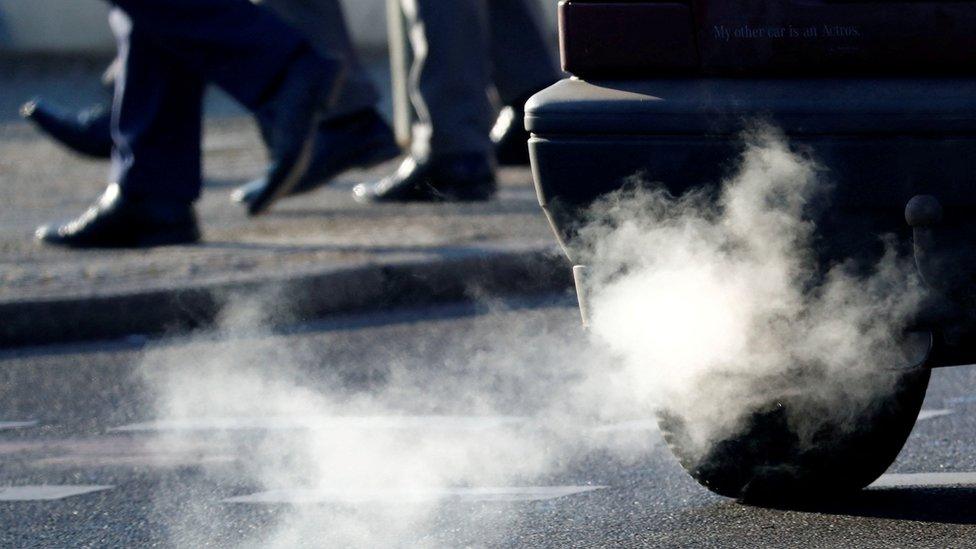
- Published13 December 2023
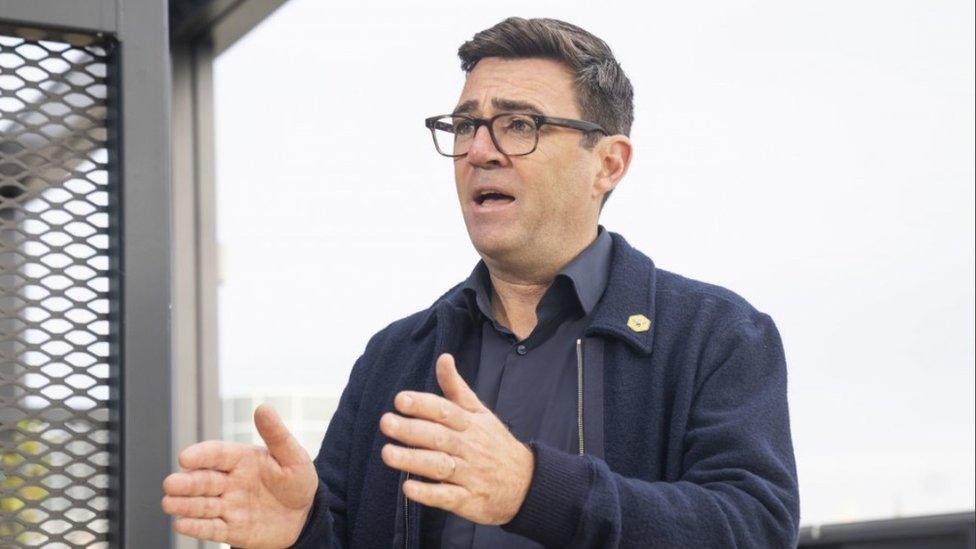
- Published9 July 2023
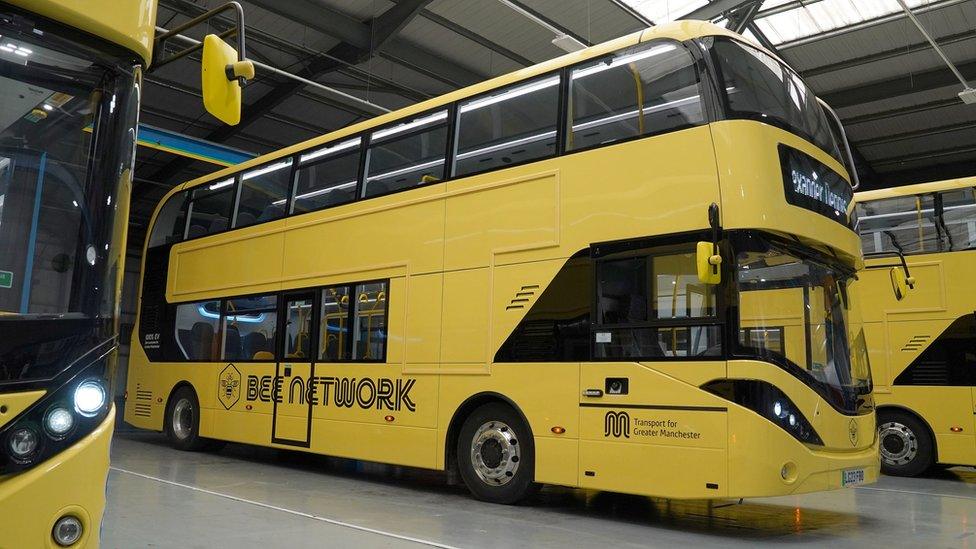
- Published4 February 2023
